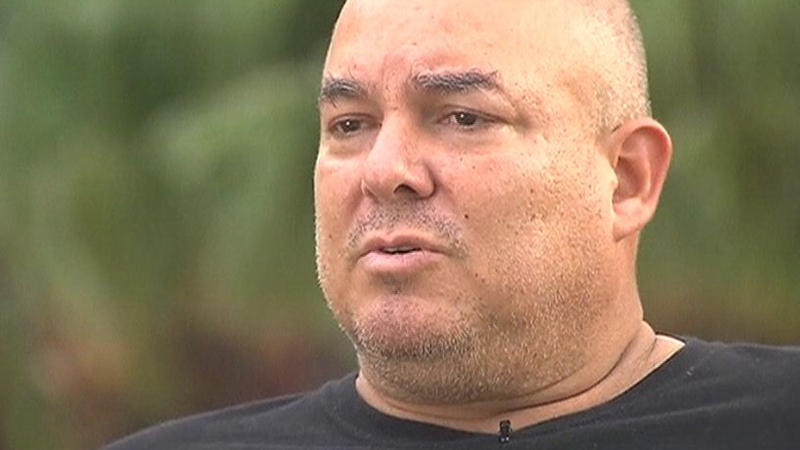
Fidel’s son invites Coca-Cola and McDonald’s to Cuba
Alex Castro Soto del Valle, one of Fidel Castro’s sons, said this week that Coca-Cola beverages and McDonald’s fast-food restaurants are welcome in Cuba.
“There can be a Coca-Cola factory, why not? We don’t mind. We are neighbors and we can produce Coca-Cola here, we can produce McDonald’s,” he told Santiago Pavlovic, a Chilean reporter from the channel 24 Horas who interviewed him in a Havana park.
Cuba was one of the first countries where the Coca-Cola Company did business, opening operations on the island in 1906. But after the Cuban Revolution, the government began seizing private assets and the company liquidated and exited the country in 1960. Any Coca-Cola products in Cuba are obtained through independent third parties.
McDonald’s first filed for a U.S. trademark in May 1961, one year after the victory of the Revolution. It never got a chance to open franchises in Cuba.

Although not a spokesman for the Cuban government, Alex Castro said that changes are taking place in Cuba because “we’re doing an upgrade in our sociaiism,” but added that “that doesn’t mean we’re renouncing it. It is very unlikely that it will be changed.”
Alex, 52, who is Fidel’s official photographer, said that his father “has always been in accord with a rapprochement” between Cuba and the United States, “so our conversations have always been amusing in that sense.” He did not elaborate on his use of the word “amusing.”
His father “is in good health,” Alex said, and stays busy “researching the subject of nourishment,” specifically the nutritious value of Moringa oleifera, a plant that thrives in tropical climates. “He regularly drinks infusions of moringa,” Alex said.
At his home, Fidel grows moringa and mulberry, gifts from China years ago.
Speaking of his father’s image to the world, Alex said that “Fidel may be compared to a very large tree that provides shade for everyone and Raúl may be compared with a tree next to it, practically under its shadow, and when [Fidel] is not there anymore, [Raúl] will provide shade to all.”
Rejecting any talk of a “Castro dynasty,” Alex said that, in the past, Fidel saw his brother Raúl as “a leader capable of continuing to do what he [Fidel] was doing.” Raúl “has shown that he’s the right leader for the times we’re living.”
Asked if any of Fidel’s sons might succeed uncle Raúl, Alex said that “my brothers and I have no inclination toward politics — which doesn’t mean that we don’t know about politics.”
“I don’t trust American policies,” Mr. Castro wrote, adding that he nonetheless supported negotiations about the countries’ differences through diplomacy. “We will always defend cooperation and friendship with all nations on earth, among them our political adversaries.”
President Raúl Castro, meanwhile, said in a speech on Wednesday that the road to normalization will be long, as he listed a lengthy set of grievances, including the American naval base in Guantánamo Bay and the sanctions against the island.
“We were able to advance in this recent negotiation because we treated each other with respect, as equals,” he said.
With plenty of people in both countries skeptical about the merits of a thaw, Cuban and American officials will need to be pragmatic and patient as they begin to untangle a toxic relationship laden with five decades of acrimony, resentment and mistrust. Given the enthusiasm and expectation the new era has sparked among ordinary Cubans and Americans alike, allowing the détente to collapse would be a loss for both sides.
Progreso Semanal/ Weekly authorizes the total or partial reproduction of the articles by our journalists, so long as source and author are identified.


